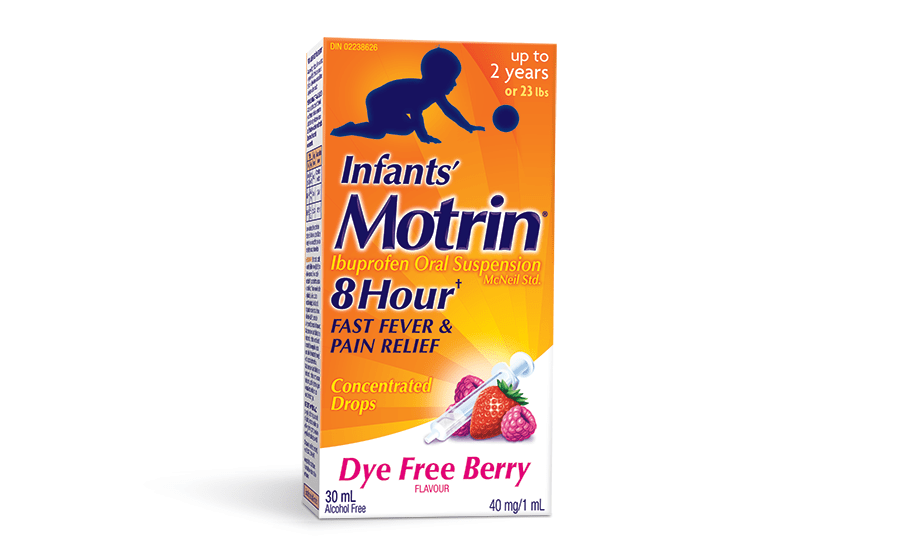Teething can be a daunting experience for first time parents. Knowing what to expect along with some tried and true tips can help to make the experience smoother.
Every baby is different
While most babies get their first tooth at around 6 months, there will always be early and late bloomers. Some may not get their first tooth until they are 12 months old. By 3 years, most toddlers have a full set of 20 teeth.
Signs of teething
Your baby may start showing signs of teething days or weeks before the tooth begins to show. At this time, your baby may be fussier than normal. If you notice a cluster of these symptoms, it may indicate the onset of teething.
 |
Chewing on hard things. If you notice your baby is trying to chew, bite, or suck on everything, take note. |
 |
Sore, puffy gums. Before the tooth comes in, your baby’s gums may temporarily swell. |
 |
Loss of appetite. Uncharacteristically rejecting food can be a telltale sign of teething. |
 |
Ear pulling. The pain of teething can transfer to the ear canal. Your baby may pull on his/her ears in hopes of alleviating the pain. |
A high fever (over 38.3°C / 101°F) and diarrhea are not caused by teething. If your baby experiences either, call your family doctor or pediatrician.
Tips for soothing sore gums
While teething is uncomfortable, it doesn’t have to be unbearable for your baby. Use these tips to help manage the process:
 |
Apply some pressure. Use a clean finger to gently rub your baby’s gums. The pressure will help to soothe the discomfort. A firm rubber teething ring or pacifier will also supply pressure that helps to relieve pain. |
 |
Stick to cool temperatures. Chilling a teething ring or pacifier can make your baby more comfortable, as can cool, soft foods like applesauce or yogurt. While cool temperatures are great, avoid freezing ones. Anything that is too hard risks damaging your child’s sensitive gums. |
 |
Stay safe. Nothing is more important than your baby’s safety. Avoid liquid-filled teething rings as they may burst. Never tie a teething ring around your child’s neck for the sake of convenience. |
Manage your baby’s pain
Teething can be a painful process, fortunately you and your baby don’t have to go it alone. Try a pain medicine
– such as Infants’ MOTRIN®†– to ease teething pain if your baby is uncomfortable.
† To be sure this product is right for your child, always read and follow the label.
This information does not constitute a diagnosis of any medical condition or medical advice. Do not substitute the information within this article for medical advice. Always consult your physician or health care provider if you have medical or health questions or concerns.
Infants' MOTRIN® Suspension Drops
Relieve your baby’s pain fast, and bring fevers down for up to 8 hours.
Dosing Charts for Infants & Children
Find the right dose of Infants’ MOTRIN® Suspension Drops for your kids.



